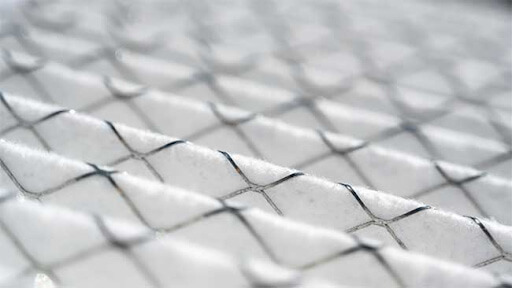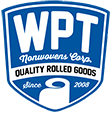 Bicomponent fiber nonwoven is an innovative type of textile that blends specific fiber materials and manufacturing techniques to create fabrics with customized performance characteristics. These nonwovens are composed of fibers that combine two different polymers, each contributing distinct properties to the finished product.
Bicomponent fiber nonwoven is an innovative type of textile that blends specific fiber materials and manufacturing techniques to create fabrics with customized performance characteristics. These nonwovens are composed of fibers that combine two different polymers, each contributing distinct properties to the finished product.
Composition of Bicomponent Fiber Nonwovens
Bicomponent fibers consist of two polymers that are extruded together to form a single filament. The two polymers can be arranged in various configurations. The choice of configuration depends on the desired properties of the final bicomponent nonwovens.Properties of Bicomponent Fiber Nonwovens
The combination of two polymers within a single fiber allows for the optimization of nonwoven properties. Key properties include:- Strength and Durability – Using a strong core material, bi-component fibers achieve high tensile strength and durability, making them suitable for demanding applications
- Softness and Comfort – Sheath material can be chosen for its softness, enhancing the comfort of the fabric, which is crucial for hygiene and medical materials
- Thermal Bonding – Bicomponent fibers can be designed to facilitate thermal bonding, without the need for added adhesives, for a more environmentally friendly product
- Elasticity and Bulk – Can be produced as crimped fibers, providing elasticity and bulk, which is beneficial in applications such as automotive interiors and insulation
Applications of Bicomponent Fiber Nonwovens
The versatility of bicomponent fiber nonwovens is beneficial for applications across a wide range of industries:- Hygiene Products – Diapers, wipes, and feminine hygiene products benefit from the softness, absorbency, and durability of bicomponent nonwovens
- Medical Supplies – Surgical gowns, masks, and drapes benefit from the durability and barrier properties of these nonwovens
- Commercial Fabrics – Customized for specific application needs, nonwovens can be bonded and treated to provide the desired properties for commercial products
- Filtration – Air and liquid filtration systems use nonwovens with customized porosity and strength for effective filtration performance
- Agricultural Fabrics – Geotextile projects rely on the strength and durability of bicomponent fiber nonwovens
U.S. Made Bicomponent Fiber Nonwovens
Sourcing bicomponent fiber nonwovens from a U.S. manufacturer like WPT Nonwovens offers several important advantages:- Quality Assurance – Domestic manufacturers adhere to strict quality standards and regulations, so nonwoven products meet high performance and safety criteria
- Innovation and Expertise – The U.S. invests advanced research and development in textile engineering, providing access to eco-friendly, high performance nonwovens
- Supply Chain Reliability – Local sourcing nonwovens reduces lead times and minimizes the risk of supply chain disruptions for consistent availability of materials
- Sustainability – Many U.S. manufacturers are committed to sustainable practices, reducing the environmental impact of nonwoven production
- Economic Support – Buying from U.S. manufacturers supports the domestic economy, contributing to job creation and economic growth

